Learning, learning, learning
We have had some lovely emails recently.
The body parts pictures were brilliant and certainly put a smile on our faces!
There is also a video below of some super reading : Funnybones reading




Returning school library books and other reading books
25 June 2020: Home learning
Phonics
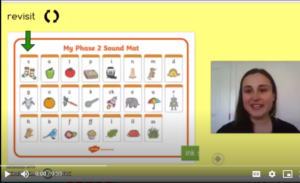
→Need more of a challenge? Can you play the polysyllabic game?
Maths
1.Watch the Numberblock 14 video.
2.Using toys/objects from your house can you count out 14?
3.Print or make a part part whole model. Can you split your toys/objects into two groups? E.g. 7 is a part, 7 is a part and 14 is the whole.
4.How many different ways can you split 14?
→Need more of a challenge?
Can you split 14 into three parts?
For example 5 is a part, 2 is a part, 7 is a part and 14 is the whole.
Literacy
Can you find out some things people in your family like and dislike. You could video chat friends and ask them too. Are they different? Can you still be friends even if you like different things? Explore this.
I really like sewing. Mrs Palmer doesn’t like sewing but loves to garden. We are still friends!
Library books
Hello.
Hope you are all well?
Please can you start to return any library books to school that you may have at home. If the weather is fine, there will be a table outside that you can put them on. If it’s a rainy day, there will be a box just inside the entrance. Thank you.
Creating your own RIC reading questions
Eva has worked hard to create her own RIC questions. Take a look and see if you can answer the questions.
Car wash
When we play outside at Nursery on a sunny day, one of the most popular activities is creating a car/bike wash. We put some soapy water in a bucket and add some cloths/sponges, washing up brushes and a few old spray bottles. Children love to clean the wheels on the trikes; this often develops into garage role play including fixing bikes and refuelling at the petrol station.
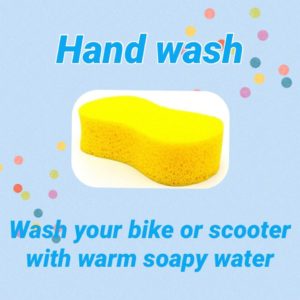
You could even do it with your little vehicles if you’ve been making marks in paint with them. Remember to send us a photo of something you’ve enjoyed so far this week. Have fun!
Similarities and differences
Following on from the last two weeks, here is another story about celebrating similarities and differences in each other. This time, it’s all about recognising our own differences. Sometimes we are loud, sometimes we are quiet, sometimes bold and brave, sometimes soft and cuddly. In this story, ‘Super Duper You‘, Sophy Henn celebrates all the different, extraordinary and sometimes contradictory things we are. (After the story has finished, Sophy goes on to teach you how to draw the children in the story. You may or may not want to watch this part and have a go at this!)
Nursery books
If you have any Nursery books at home, and you won’t be returning to Nursery in September, please could you return them to school in the plastic zippy wallet (or in a bag marked with Nursery on the front). There’ll be a box outside the main school office for you to do this. If it’s a rainy day, it’ll be just inside the door way. Thank you.
24 June 2020: Home learning
Phonics
Watch Geraldine Giraffe learn about ‘ee’
1.Read the words.

2.Write the words that match each picture.

→Need more of a challenge? I spy! Can you read the words and find the matching object in your house? You might not be able to find all of the objects in your house! I wonder how many you will find?

Maths

Literacy
Can you draw something that you think makes you special? For example, you could be special because you can jump really high? Or because you are always good at making your friends happy. Adults you could share what you think makes your child special.
Your child could then draw something that makes someone they love special. They could share this with the person they love. How does it feel to tell someone why they are special? It makes us feel good to make others feel good.
This is a great activity for not only your child to feel special but to make others around them feel special too.
Extra activity: pass it on smile! We always talk to the children about how special a smile is. It can be passed on to LOTS of people so quickly. If you smile at someone they will often smile back, they then smile at the next person and there you have it, a big line of people passing on smiles. Can your child try this in the house or when they are outside. Not everyone will always smile back but that’s okay, they might not feel like smiling back but I’m sure you’re smile was still nice for them to see.
Hall of (home learning) Fame
Another day, another #HoHLF post and another opportunity for more home learning heroes to be inducted into the Hall of (home learning) Fame!
First up, this superstar (who has kept in regularly contact – thank you) has been smashing an array of home learning including this…
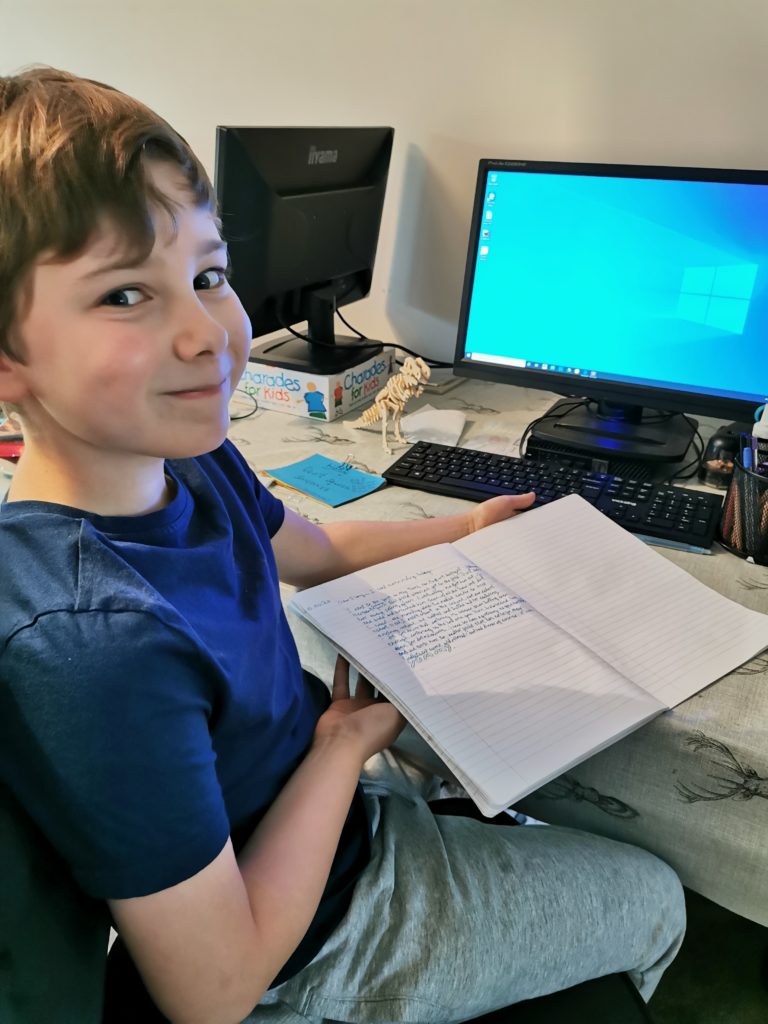
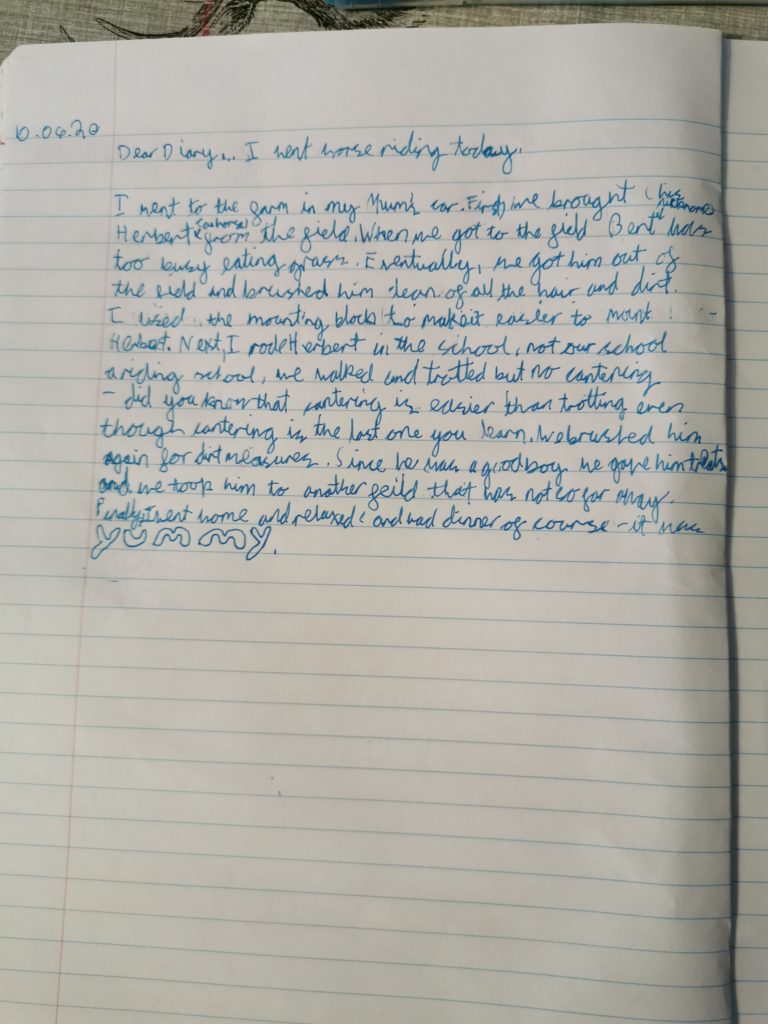
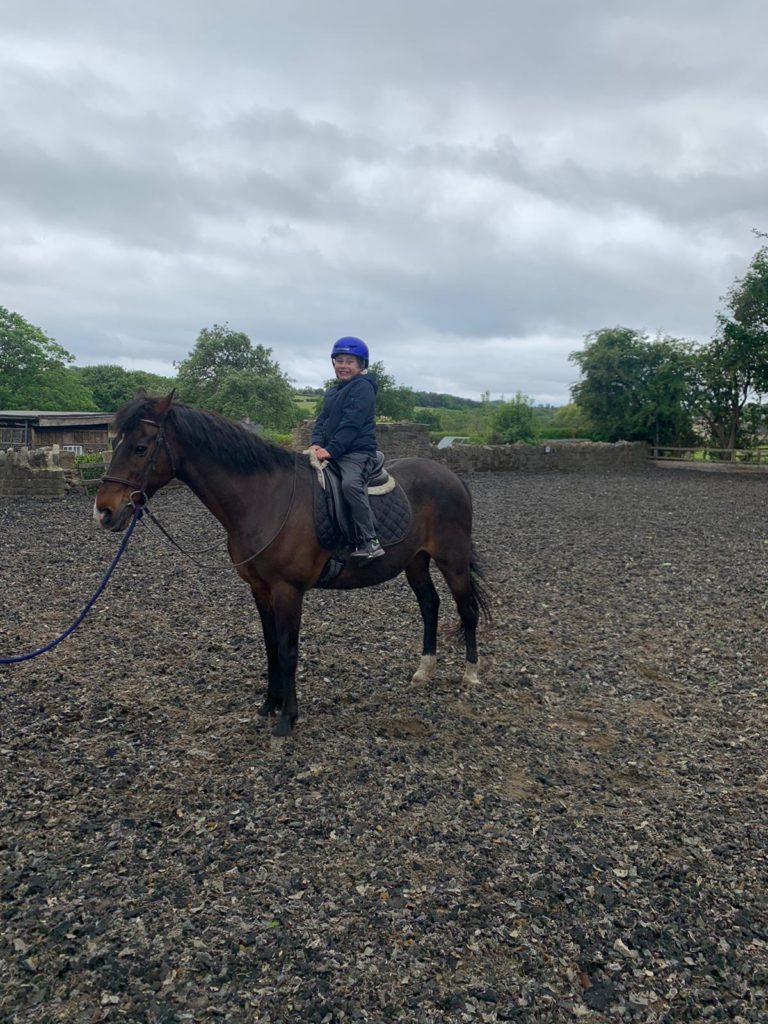
Our other entrant today is Ellis (who, again, has kept in regular contact – thank you!). He’s completed another excellent PowerPoint presentation – this time about water safety.
Awesome work!
Zoom
Did you see the ‘daily message (19 June 2020)’ on the school news page?
Before the end of the school year, we are offering Zoom calls with children who remain at home . This will be a great opportunity to get together via zoom in small groups to end the school year.
If your child is still learning at home, and you’d like your child to be part of a Zoom call with Mrs Flynn, Mrs Palmer and some of their classmates, please email us.
Please email us by Monday 29th June to let us know if your child would like to take part.
When you email, you’ll need to provide the name that will appear in the Zoom call – we won’t allow anyone into the meeting if we’re not expecting them. Ideally, the name would be the child’s first and last name, but it can be your name. (And please make sure the name is appropriate.)
We will decide a date and time for this to happen – the zoom calls will be organised for the week beginning 6th July. We’ll send an invitation with the log-in details back to you. We’re sorry – there can’t be much flexibility about the date and time.
Some more details
- Meetings will be with groups of children from the class: no more than 10-12 children.
- The meetings are only for those who are home learning.
- Teachers will have a list of pupils and appropriate Zoom name in advance to allow people to enter.
- Two members of staff will be present throughout the Zoom.
- A parent / carer should be present at home, although you don’t need to be on screen throughout the meeting.
- Teachers will continue to make occasional phone calls home, too, but you might not get a call during the week teachers do their Zoom.
- The meeting will last about 15-30 minutes, depending on the size of the group.
- Some Zoom features will be disabled: the chat function, the record function, and the ‘re-name’ function will all be disabled.
- Participants will all be ‘mute’ on entry; teachers will manage the Zoom meeting by ‘unmuting’ children one at a time.
- Our school rules will still apply (including We respect everyone).
- Your child can be part of the Zoom but choose not to talk – no pressure!
- Teachers are aware of actions to take if a child doesn’t follow ground rules, school rules, instructions: this could include disabling video of anyone who is not following rules, for example.
We’re looking forward to seeing you soon – via zoom!
Zoom Calls for Nursery
We know that some of you have already seen the Daily Message (19 June) about children taking part in a Zoom call before the end of term. Please use the link above to read it, if you haven’t already.
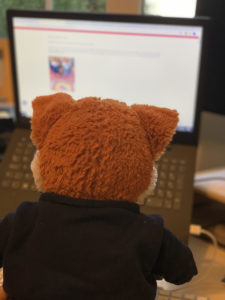
We’re really pleased that Nursery children are also going to be included in this. We’re hoping to organise the Zoom calls for the week beginning 6 July.
If you’d like your child to be part of a Zoom call with us and some of their Nursery friends, please email scholesf1@spherefederation.org by Monday 29th June.
When you email, you’ll need to provide the name that will appear in the Zoom call – we won’t allow anyone into the meeting if we’re not expecting them. Ideally, the name would be the child’s first and last name, but it can be your name. (And please make sure the name is appropriate.)
Once we know how many children are going to take part, we’ll organise the day and time of your meeting and get back to you with the log-in details and more information. We’re sorry – there can’t be much flexibility about the date and time.
We’re looking forward to seeing you all on Zoom soon!